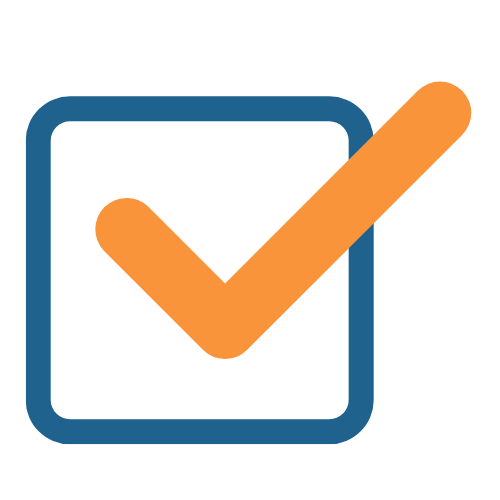Where the creative and curious document the stories of work—past, present, and future—before the robots take over.
Mission
workLIT invites creatives and the companies they work for to hone the skills required to power the future of work. During times of transformation and uncertainty, we believe in the power of poetry and the art of storytelling. We know from science and from our own lived experiences that these things also spark the uniquely human capacity for contemplation, curiosity, creativity, complex thinking, and connection. We all need more of that.
How to workLIT
We believe workplaces and teams that invest in these core workLIT skills and values are better equipped to innovate, compete, and evolve to meet the market of today and tomorrow.


